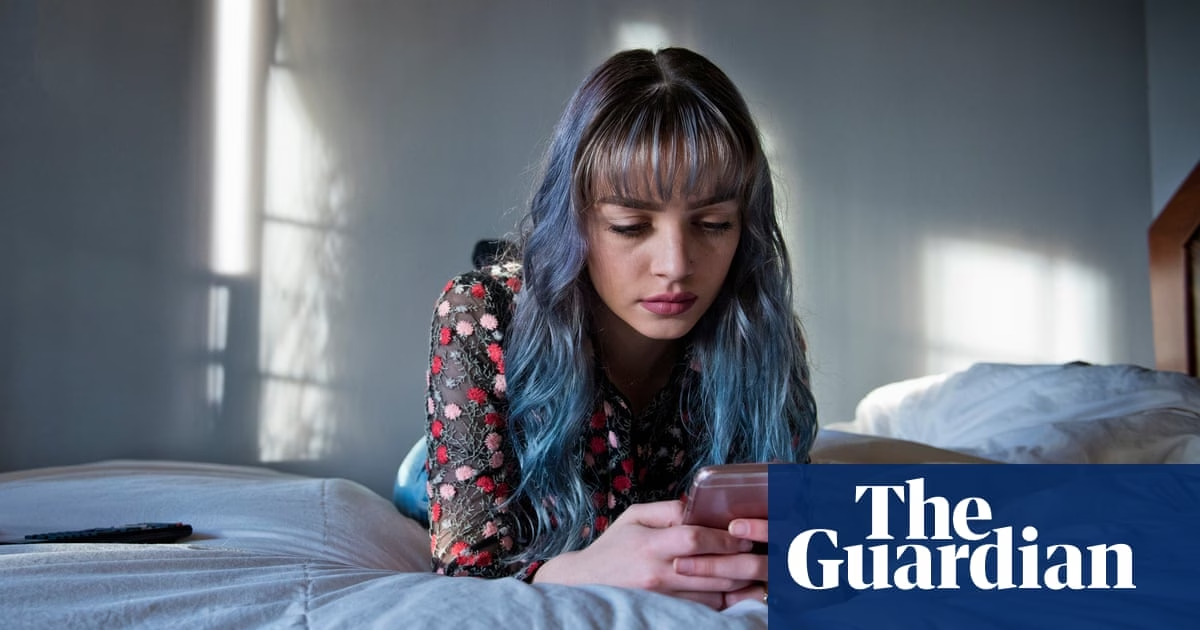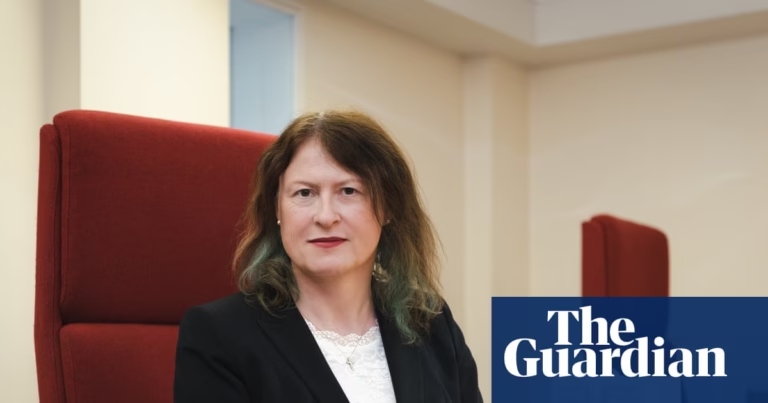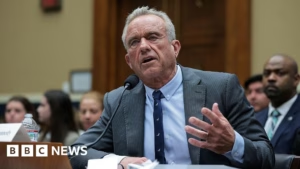Australian teenagers who spend between one and three hours on social media daily report similar or better mental health outcomes compared to those using social media less, according to a significant new survey. The survey, conducted by Mission Australia, sampled the opinions of 17,480 young people aged between 15 and 19, amid ongoing discussions about restricting social media access for individuals under 16.
A ban on social media access for under-16s, including platforms like TikTok, Snapchat, and Instagram, is set to come into effect in December in Australia. However, the survey suggests that moderation might be key, as moderate users (those spending between one to three hours on social media daily) experience similar mental health outcomes as low users.
The survey found that 97% of young people use social media every day, with 38% spending three or more hours per day, and 53% spending one to three hours per day. Gender-diverse people reported higher social media use (48%) compared to female (42%) and male respondents (35%).
Moderate users reported feeling more in control of their lives (61%) compared with low users (59%) and high users (51%). They were also similarly likely to seek help from parents as low users (63%) compared with high users (52%), and experienced less difficulty in socializing (26%) than low users (28%).
Those who reported higher social media use also experienced poorer mental health and wellbeing. This was particularly true for gender-diverse participants who reported high psychological distress at a higher rate compared to females (35%) and males (20%).
Orygen, a youth mental health body, argues that the report emphasizes the importance of moderation, stating that moderate users generally fare as well as or even better than low users, suggesting that social media is not inherently problematic for all young people.
The survey also highlights that more than half of the cohort who spend more than three hours per day on social media participate in sports, with this percentage increasing for moderate and low users of social media.
Researchers caution that the relationship between social media use and mental health is complex and cannot definitively state whether individuals experiencing distress are seeking help online or if more time online is exacerbating the distress.
Despite the incoming ban, the majority of those surveyed will not be affected as they are already aged 16 or over. The report recommends increasing digital literacy to equip teenagers aged 14 and 15 with the necessary skills to navigate social media responsibly.
The eSafety commissioner, Julie Inman Grant, has recommended that YouTube should not be exempted from the upcoming social media ban.
Source: https://www.theguardian.com/media/2025/jun/26/excessive-social-media-found-to-harm-teenagers-mental-health-but-experts-say-moderation-may-be-key







